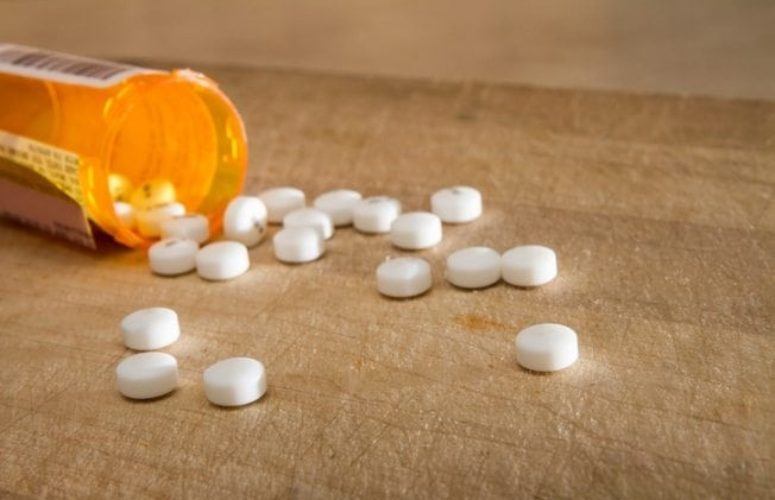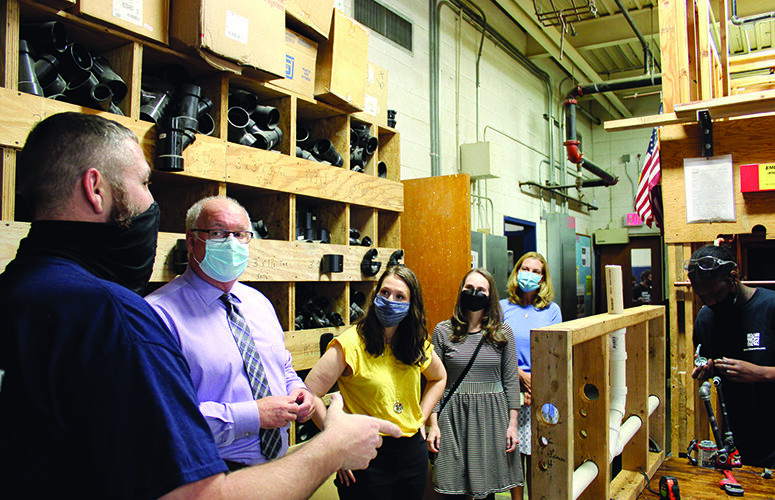
Coping With Pandemic-Induced Substance Use
By Meg Fry, Contributing Writer On May 13, 2022The World Health Organization found global depression and anxiety increased 25% in the first year of the pandemic, exacerbating gaps in mental healthcare that have largely not been addressed.
Now, according to the American Psychiatric Association, nearly 4 in 10 Americans are reporting symptoms of depression and anxiety.
“The pandemic is a sustained and unprecedented situation that’s disrupted everything,” says Dr. Frank A. Ghinassi, ABPP, president and CEO of Rutgers Health University Behavioral Health Care (UBHC), and senior vice president of Behavioral Health and Addictions at RWJBarnabas Health. “People are responding with a wide array of variables.”
Working from home – and the subsequent creation of a largely hybrid workforce – has further blurred boundaries between work and home life, including the use of alcohol and cannabis in the workplace, Dr. Ghinassi adds.
“The last place that people typically allow increased alcohol or substance use to affect them is in the workplace – it typically affects their relationships and other responsibilities first,” Dr. Ghinassi says. “When it does show up, it’s evident by physical appearance, lateness, a decrease in productivity, creativity and problem solving abilities, increased errors, irritability, fatigue, and grogginess.
“But now that everyone’s looking at passport-size photos on Zoom in poor light, that may be harder to recognize – especially when people can shut off their cameras entirely.”
Even for those who never stopped working on-site – such as healthcare workers – substance use has increased, with prescription drug misuse amongst hospital and healthcare staff double (10%) that of the general population during the pandemic.
“The best practice is to reduce stigma – to find a way to normalize the idea that these highly unusual times have created stresses and strains that people shouldn’t shield,” Dr. Ghinassi says. “I think it’s important to publicize [these statistics] in the workplace – to let people know they’re not alone, or bad or different people – and to not punish people for their difficulties, but rather find ways to offer assistance, support and guidance toward possible solutions.”
“The minute [compensatory behaviors ] begin to interfere with activities of daily living, either by their own identification or by others, there’s help available,” Dr. Ghinassi says, including the NJ Hopeline and the nationwide 988 number that connects callers with local behavioral health services, and NJ’s Interim Managing Entity that connects callers with local substance use treatment.
“It’s important to educate the next generation in the delivery of evidence-based alcohol and substance use treatments,” he says.
To access more business news, visit NJB News Now.
Related Articles:





